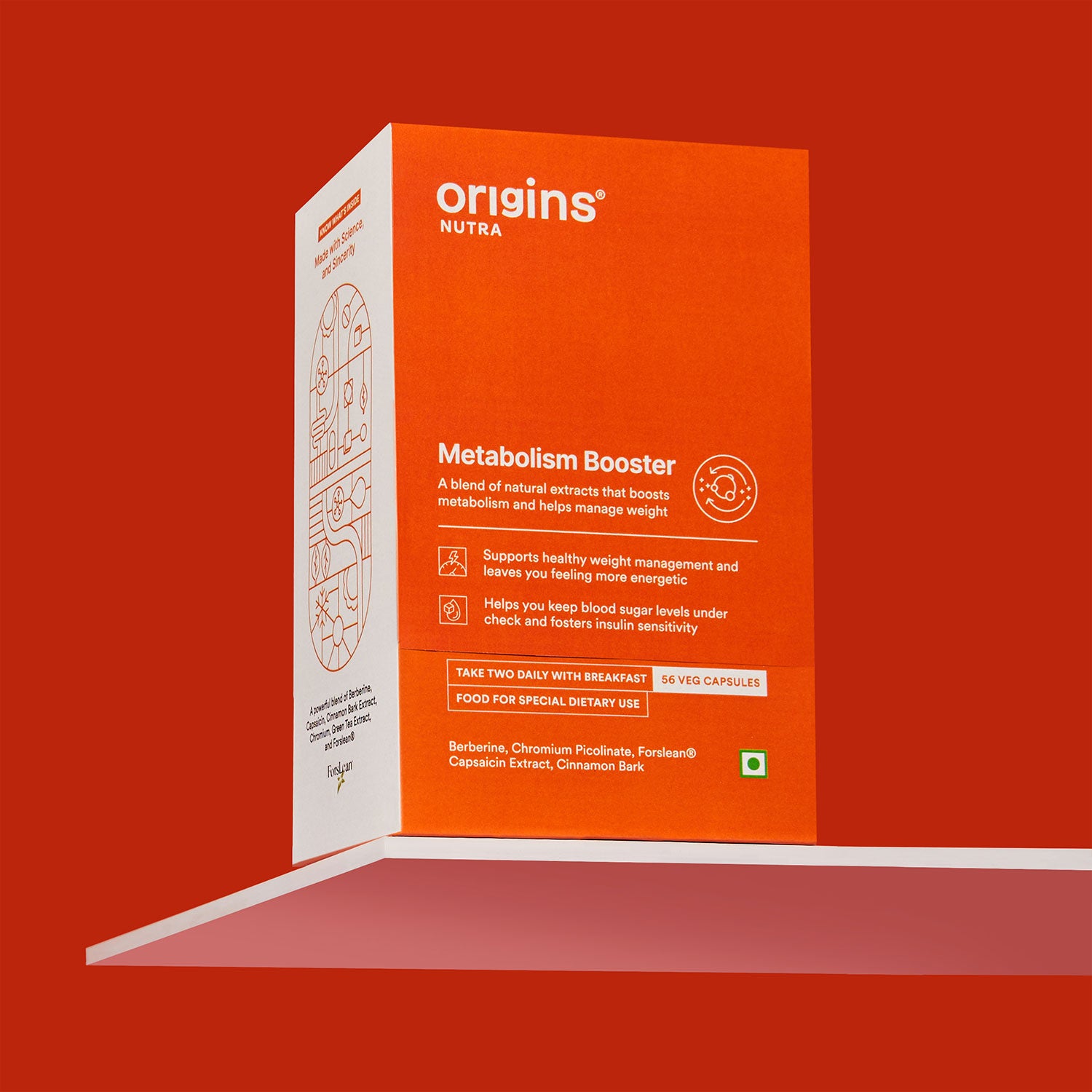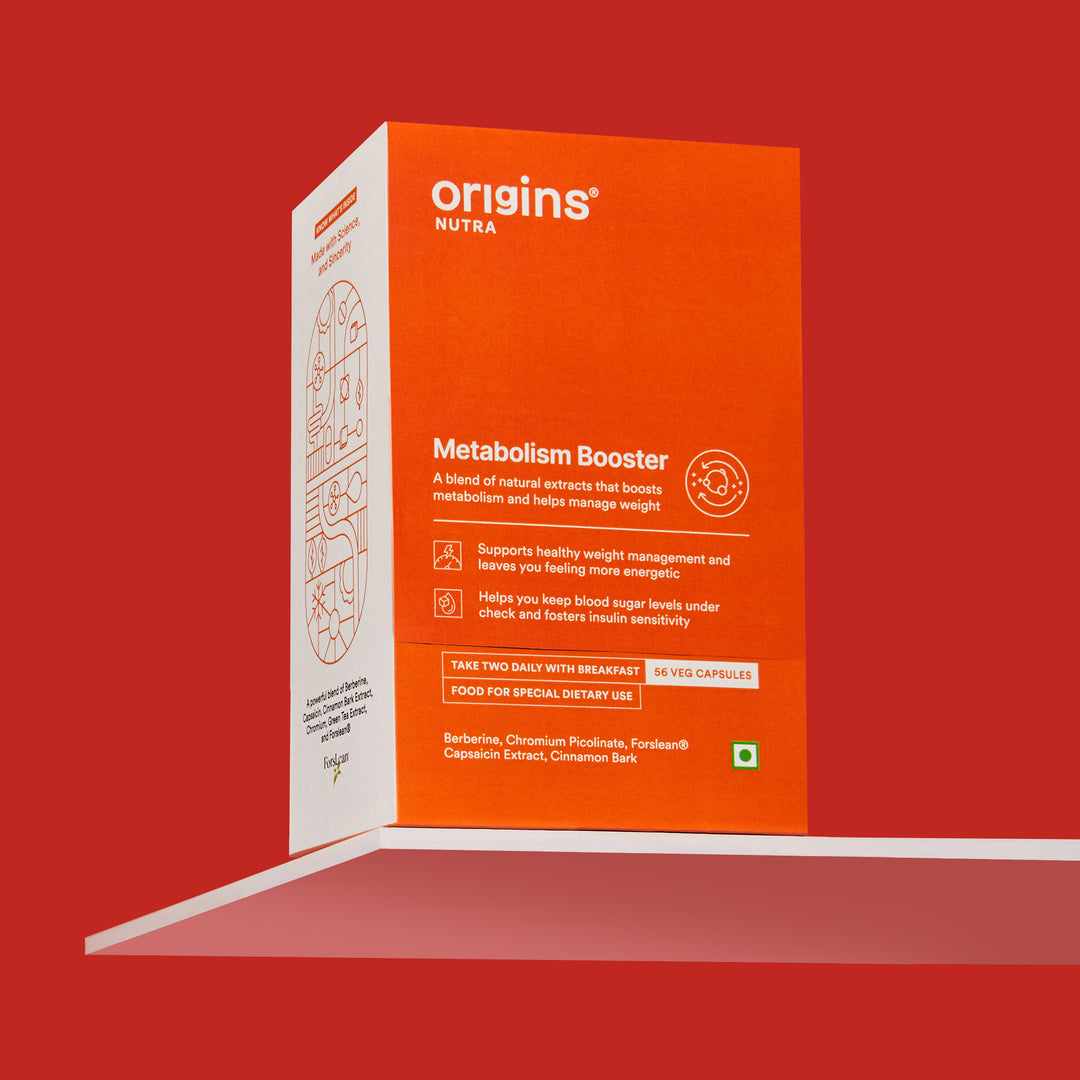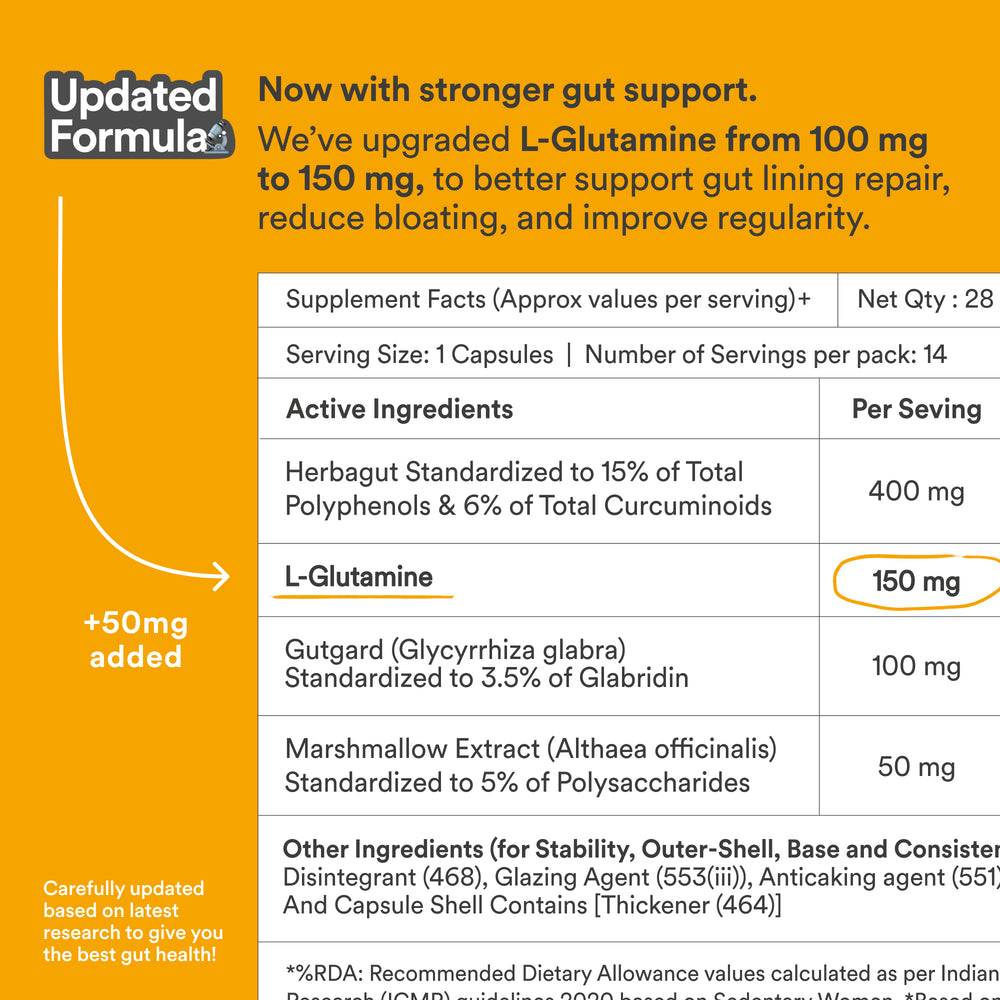9 Expert tips to manage obesity and achieve healthy weight loss.
Struggling to lose weight despite doing everything "right"?
If “eat less, move more” were the answer, obesity wouldn’t be a global crisis. But real weight loss is more than just cutting calories, it’s about hormones, metabolism, and inflammation working against you.
Conditions like PCOD, diabetes, and metabolic disorders make it even tougher. Obesity isn’t just fat, it’s a complex health issue. Want to understand what’s really happening inside your body? Read this for a better understanding.
And before you jump on another fad diet, ask yourself: Is it sustainable? Real results come from working with your body, not against it.
Here are 9 expert-backed strategies to help you lose weight and keep it off.
1. Understand the Root Cause
Weight gain isn’t just about overeating, it’s often linked to hormonal imbalances, slow metabolism, poor gut health, and stress. These factors can make it harder for your body to burn fat, store energy efficiently, and regulate hunger.
If you’ve tried everything and still struggle to lose weight, it’s time to dig deeper. Factors like insulin resistance, thyroid dysfunction, and chronic inflammation could be working against you.
2. Prioritize Nutrient-Dense Foods
Losing weight isn’t about eating less, it’s about eating right. Nutrient-rich foods stabilize blood sugar, improve digestion, and keep you full longer.
Swap out processed foods for lean proteins, fiber-packed veggies, healthy fats, and whole grains to nourish your body without unnecessary cravings.
3. Balance Your Blood Sugar
Frequent spikes and crashes in blood sugar trigger cravings, slow metabolism, and encourage fat storage, especially around the belly. Keeping blood sugar stable helps you feel full for longer, maintain steady energy, and reduce overeating. Here’s how:
-
Pair protein and healthy fats with every meal to slow sugar absorption.
-
Opt for complex carbs like quinoa, oats, and lentils instead of refined sugars.
-
Consider natural blood sugar support like berberine or cinnamon.
4. Prioritize Gut Health
Your gut bacteria play a major role in digestion, metabolism, and even how your body stores fat. When the gut is imbalanced, inflammation and weight gain follow. Support your microbiome with:
-
Prebiotic & probiotic-rich foods like yogurt, kimchi, and fiber-rich veggies.
-
Limiting processed foods and sugar that feed bad bacteria.
-
Supplements like L-glutamine or digestive enzymes for better digestion.
5. Make Movement Enjoyable
Physical activity isn’t just about burning calories; it boosts metabolism, balances hormones, and lowers stress. It also improves insulin sensitivity, preventing excess fat storage. But you don’t need intense workouts; just find movement that elevates your heart rate, makes you sweat, and feels enjoyable. Stay consistent with:
-
Walking for 30 minutes daily, small movements make a big impact.
-
Strength training to build lean muscle and burn fat even at rest
-
Fun activities like dancing, swimming, or yoga to stay active effortlessly.
6. Consider Targeted Supplements
While no supplement can replace a healthy diet and lifestyle, the right nutrients support metabolism, reduce inflammation, and help you manage weight more effectively.
- Metabolism Booster – Help regulate metabolism and reduce inflammation.
- Multivitamin – Fills nutrient gaps, making it easier to manage weight efficiently.
- Gut Restore – Supports gut health, reduces inflammation, and aids digestion for better weight management.
7. Increase Protein & Fiber Intake
Protein and fiber play a crucial role in healthy weight management and long-lasting fullness. Protein helps build lean muscle, which boosts metabolism and supports fat burning even at rest. Fiber slows digestion, keeps you full for longer, and reduces cravings.
- Add lean protein sources like eggs, fish, chicken, lentils, and tofu.
- Incorporate fiber-rich foods like vegetables, whole grains, nuts, and seeds to support digestion and gut health.
8. Manage Stress to Prevent Emotional Eating
Chronic stress raises cortisol levels, which promotes fat storage (especially belly fat) and increases cravings for sugar and carbs. Managing stress can help regulate hunger hormones and support weight loss. Simple ways to lower stress:
-
Practice deep breathing, meditation, or journaling to calm the nervous system.
-
Prioritize sleep because poor sleep increases cravings and disrupts metabolism.
-
Spend time in nature, listen to music, or engage in hobbies that bring joy.
9. Hydrate with Purpose
Water plays a vital role in metabolism, even mild dehydration can slow fat burning and lead to unnecessary hunger. Staying hydrated supports digestion, energy levels, and appetite control. Here’s how to do it right:
-
Drink at least 2-3 liters of water daily to keep metabolism running smoothly.
-
Start your morning with warm lemon water to support digestion.
-
Swap sugary drinks for herbal teas, infused water, or plain coconut water.
Final Thoughts: It’s a Journey, Not a Race
Weight loss isn’t about quick fixes, it’s about creating sustainable habits that support your body’s natural processes.
Small, consistent steps, like eating nutrient-dense foods, moving regularly, managing stress, and staying hydrated, will help you achieve long-term success.
At Origins Nutra, we believe in science-backed solutions and a supportive community to help you on your journey. Let’s take the next step together!



































